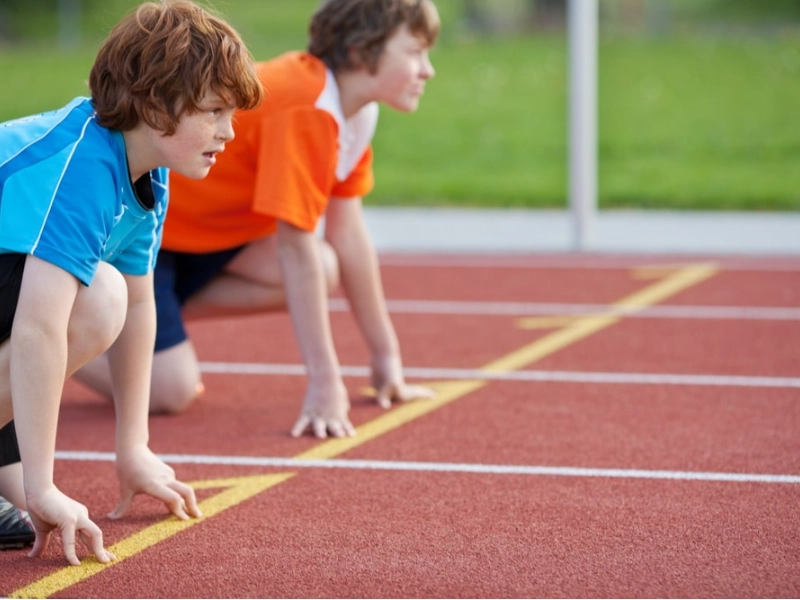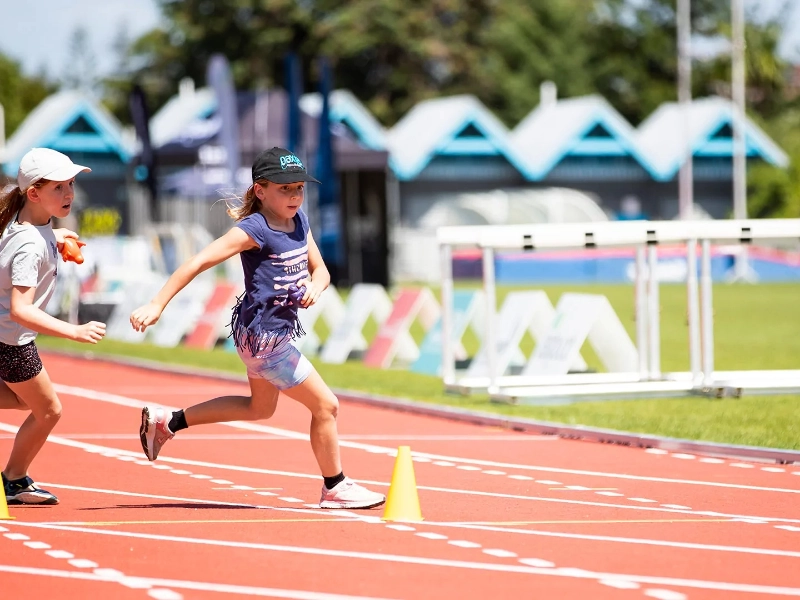One effective approach to encourage physical fitness, teamwork, and personal development among young people is by including sports into their activities. Children that engage in different sports acquire important abilities that will help them both on and off the field determine their future. Apart from encouraging a passion of physical exercise, sports helps young athletes develop confidence and resilience. The value of sports for children, the advantages of early participation, and how to raise future champions by means of encouraging surroundings and regimented training are discussed in this paper.

Early sports participation of children is absolutely vital for their general growth. Early involvement lays a strong basis for later on more sophisticated athletic training by helping children acquire motor skills, coordination, and balance. Sporting events motivates children to stay active, therefore lowering their chance of obesity and associated health problems. Athletics also teaches discipline as kids pick to obey rules, commit to practices, and pursue goals. Early athletic activity might also inspire a lifetime love of physical health. Sporting young people are more likely to remain active as they get older, which promotes better living. Moreover, sports give children a stage for social contact, which lets them build friendships and discover the need of group effort. Through common sports experiences, kids acquire vital social skills including communication and teamwork—qualities vital for their success going forward.

Children's confidence and self-esteem are much raised by sporting participation. Children who establish and meet personal goals—such as bettering their running times or learning a new ability—develop a sense of success that drives them. Beyond athletics, this increased confidence will help them in their social contacts and academic success. Athletics also teaches kids how to bounce back from adversity. An crucial life ability is learning to manage success and loss. While they are disappointed when they lose, young athletes get the excitement of winning. These events educate children to bounce back from mistakes and keep aiming for excellence, therefore building resilience. Such teachings are priceless since they equip children to overcome challenges in many spheres of life and cultivate a development attitude that will help them far into adulthood.

Children need a loving surroundings if they are to excel in sports. Young athletes are nurtured in great part by parents, coaches, and peers. Parent encouragement helps children to follow their interests and overcome obstacles. Parents should go to sports, support their kids, and honor their successes—no matter how little. Additionally greatly influencing a child's sports path are coaches. A competent coach develops a healthy team culture in addition to imparting knowledge of skills and tactics. Every youngster should feel respected and included since coaches should give skill development top priority over rivalry. Through emphasizing personal development and teamwork, coaches can inspire young players to enjoy their sport, so motivating them to keep on growing.

Children's growth depends on exposure to a range of sports pursuits. Various sports have special advantages and might enable children to find their interests. Every sport—from track and field to soccer, swimming, gymnastics—offers unique abilities and experiences. Encouragement of children to engage in several activities helps to avoid burnout and sustains their interest. Diversity in sports also encourages inclusion and lets kids value all backgrounds and cultures. Engaging children in team sports teaches them important values in empathy and respect and helps them to build connections from many backgrounds. Through trying several sports, kids can discover their niche and grow in their talents, so opening the path for future athletic success.
A key component of sports that helps children to understand the value of preparation and tenacity is goal setting. Young athletes who have reasonable, quantifiable goals will remain driven and focused. Whether it's perfecting a particular skill or their sprint time, having well defined goals provides kids direction in their training. Development of young athletes also depends on organized training programs. Age-appropriate, with an emphasis on skill development, physical conditioning, and injury prevention, these programs should be Including interesting drills helps to keep children enthusiastic about their training and encourages good rivalry. Regular practice improves not just their abilities but also fosters team togetherness, therefore forging lifelong friendships.
Maintaining young athletes' drive depends on their recognition and celebration of both large and little successes. Whether it's with medals, certificates, or just a few words of encouragement, praising children encourages them to feel important and valued. Celebrations can be anything from personal benchmarks reached during practice to end-of-season gatherings. Building a celebration culture helps children to feel good about their efforts and commitment. It supports the belief that personal development and improvement define success more so than trophies or medals. Celebrating successes helps youngsters to develop a passion for the sport and inspire them to keep aiming for perfection while savoring the path of agility. All things considered, sports is quite important in determining children's life since it helps them develop confidence, resilience, and fundamental life skills. We can raise the next generation of champions by offering a friendly environment, many possibilities, and organized training. Encouragement of children to engage in sports not only develops their love of physical exercise but also gets them ready for a great future in both sports and life.